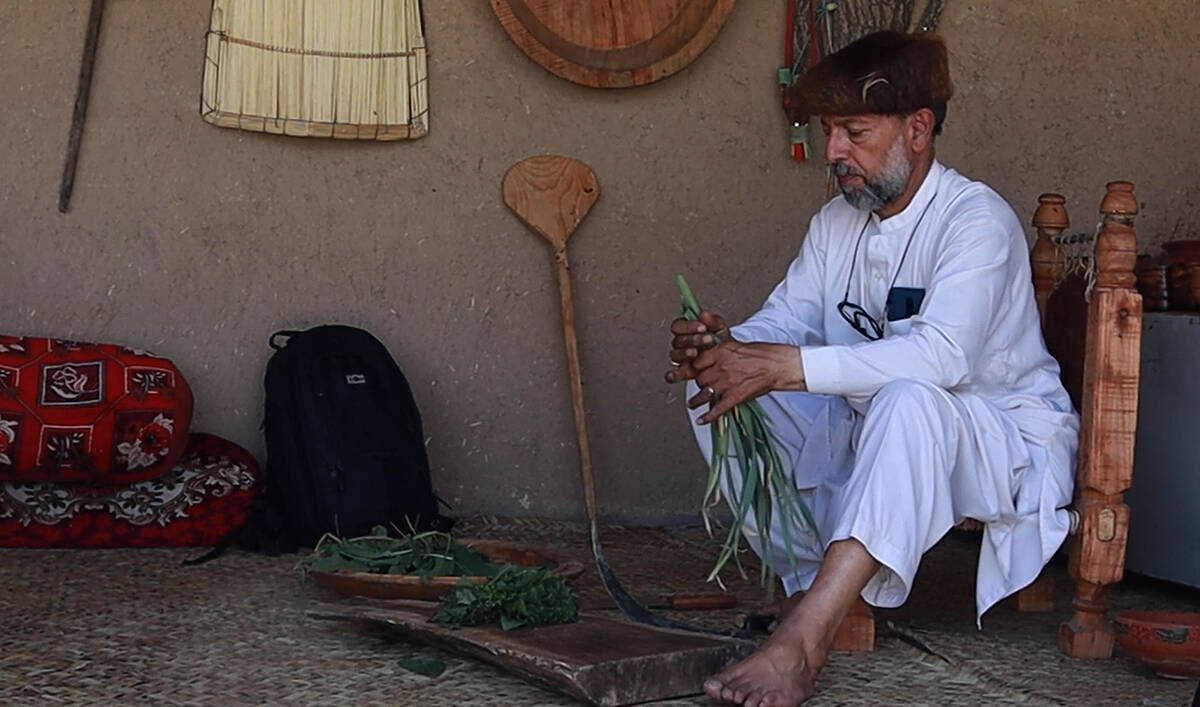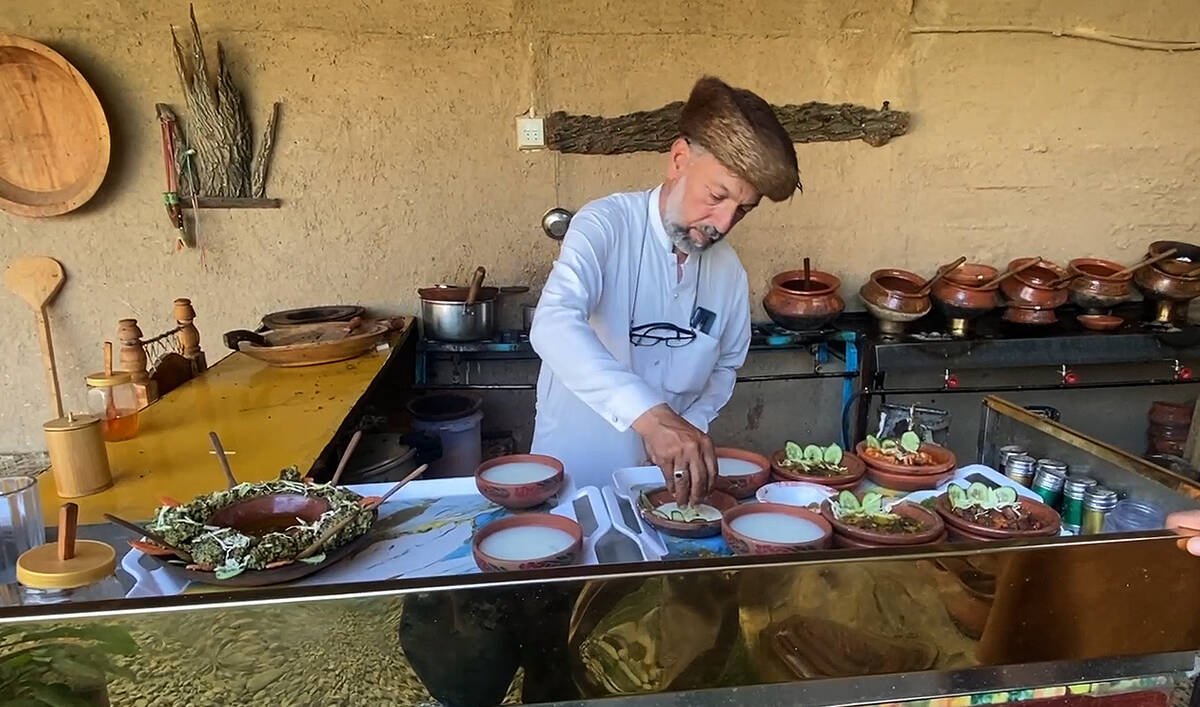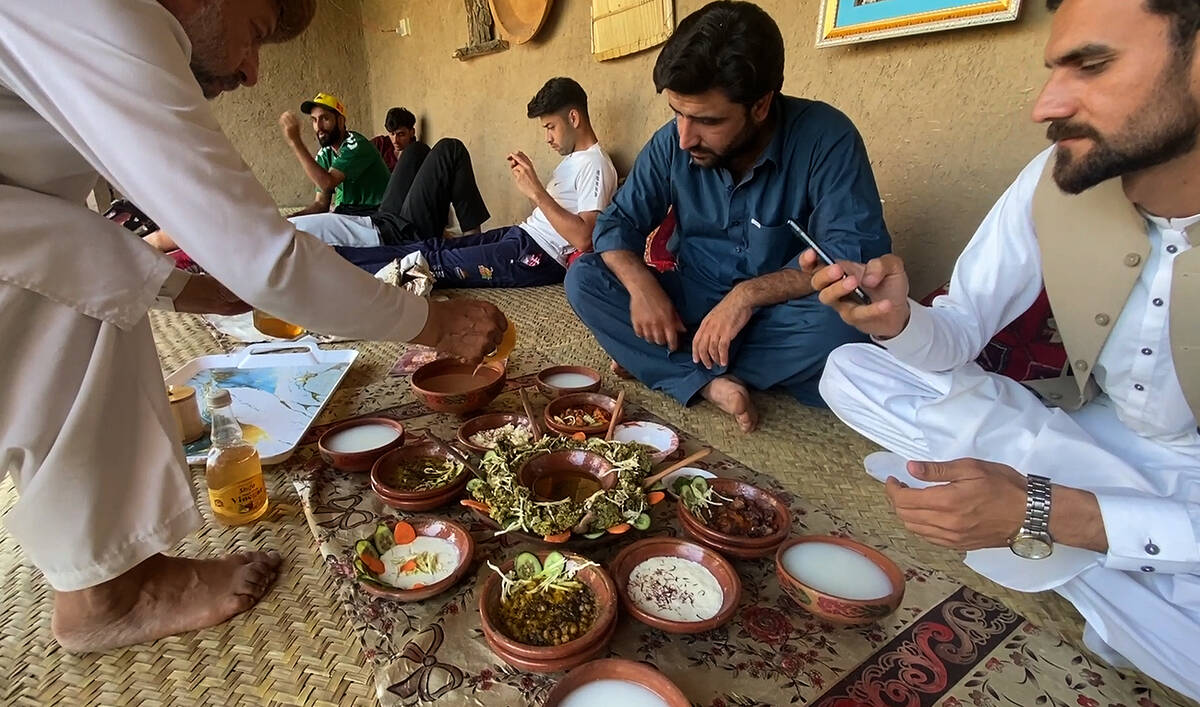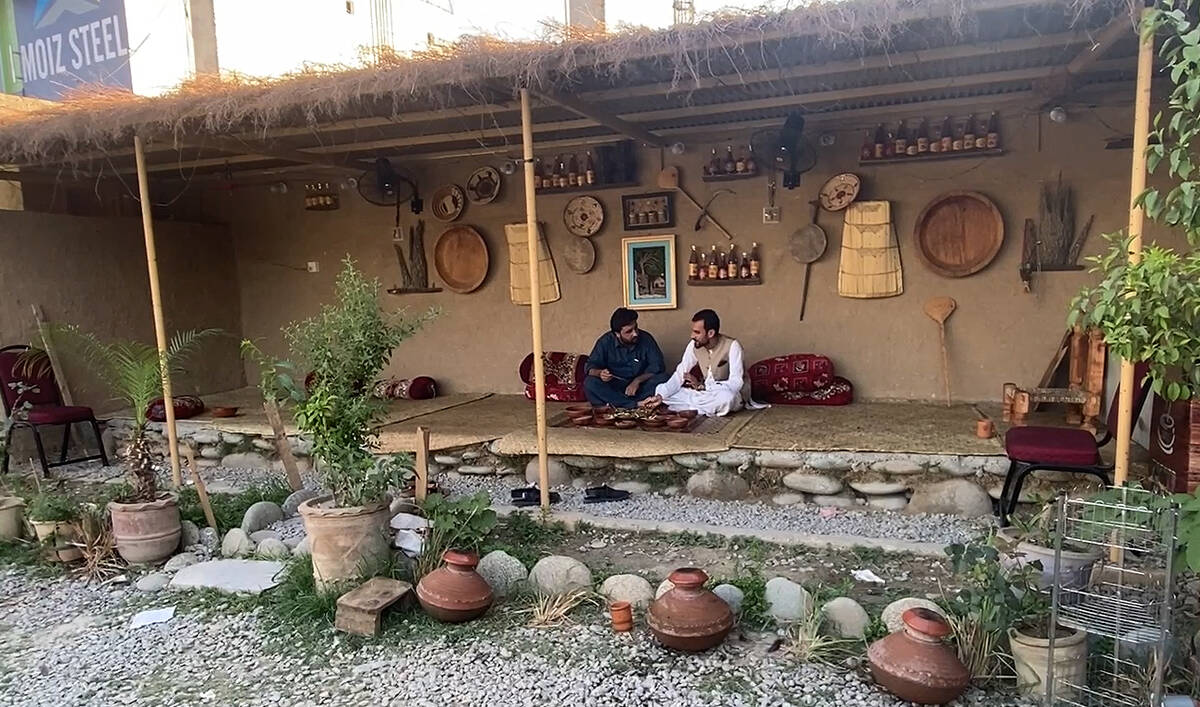ISLAMABAD: The United Nations (UN) has called for additional funding to meet urgent needs of and maintain a “lifesaving” response to the flood-affected people in Pakistan, a deputy spokesperson for the UN secretary-general said on Friday, informing the organization’s $816 million humanitarian appeal has so far been funded only 21 percent.
Climate-induced floods have affected more than 33 million people and caused over $30 billion in economic losses, with more than five million people displaced across Pakistan since the onset of monsoon season in mid-June, according to official estimates.
The UN in October revised up its humanitarian appeal for Pakistan to $816 million from an initial $160 million after assessing the extent and magnitude of the damages, while a Pakistani delegation at the UN-organized COP27 summit in Egypt this month called for “climate justice,” hoping to use the summit to get the world to commit to helping countries like Pakistan deal with climate-related “loss and damage.”
“We are calling for additional funding to maintain the lifesaving response,” Farhan Aziz Haq, a deputy spokesperson for the UN secretary-general, said in a briefing in New York on Friday.
“The $816 million humanitarian appeal launched by the UN and the Government of Pakistan is currently just 21 percent funded.”
Climate negotiators were locked in efforts to break the deadlock at UN COP27 talks Friday as nations tussle over funding for developing countries battered by weather disasters and ambition on curbing global warming.
Representatives from nearly 200 countries have gathered at the COP27 in Egypt for two weeks with the aim of driving forward action on climate change as the world faces a worsening onslaught of weather extremes.
As the summit in the Red Sea resort of Sharm el-Sheikh spilled into overtime late Friday, the controversial issue of climate “loss and damage” funding remained a key flashpoint.
Haq said the catastrophe was far from over as more than 5 million Pakistanis had yet to return to homes more than three months since the deadly floods inundated a third of the South Asian country.
“Food and livelihood assistance has reached 4.1 million people, while 1.5 million people have received emergency shelter kits, blankets, bedding, and kitchen sets,” he detailed.
“Our partners have provided health assistance to 1.5 million people, while more than 1.7 million people have received clean water.”
While access to clean water, sanitation and hygiene remained a challenge, people affected by floods are even more vulnerable with the winter beginning to set in and many need adequate shelter, Haq said.
“Millions of people face increased food insecurity as families are returning home to destroyed houses, ruined crops and dead livestock,” he added.























